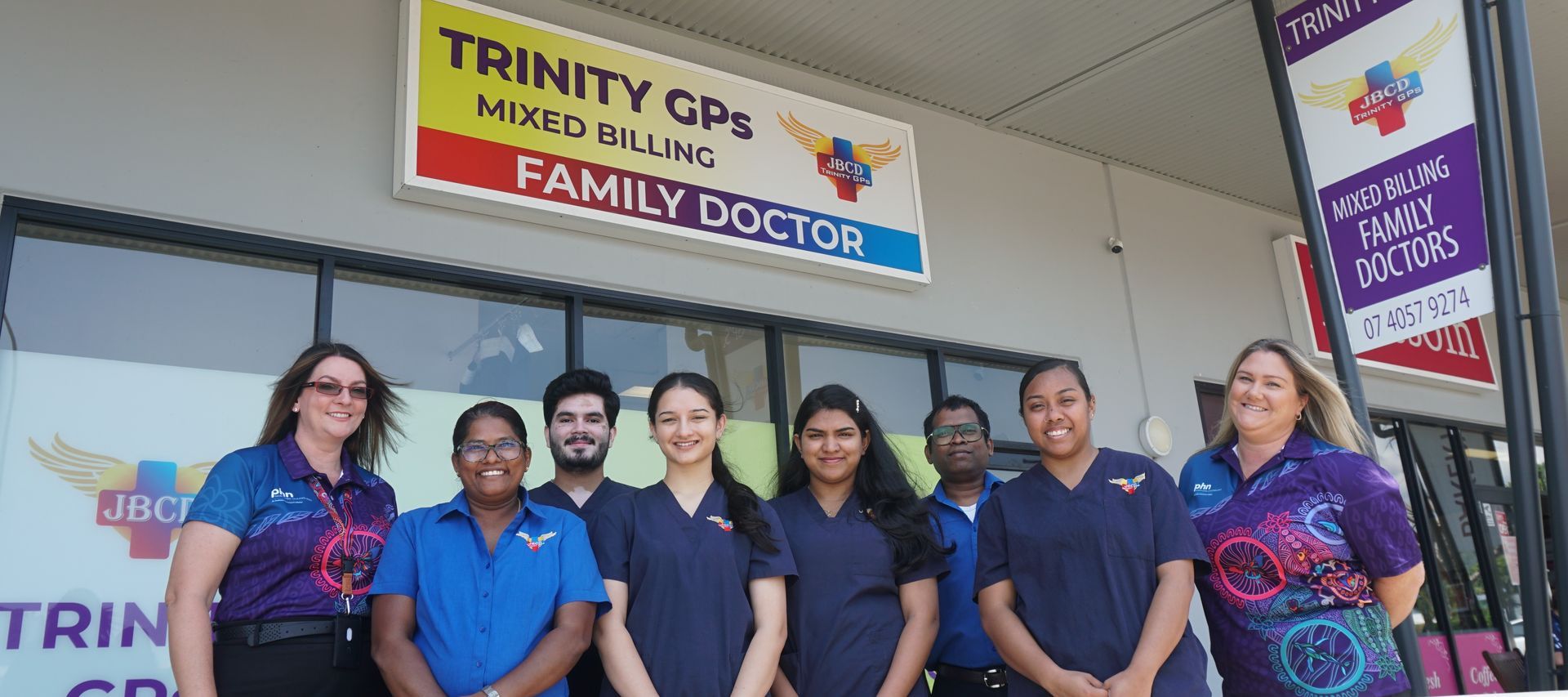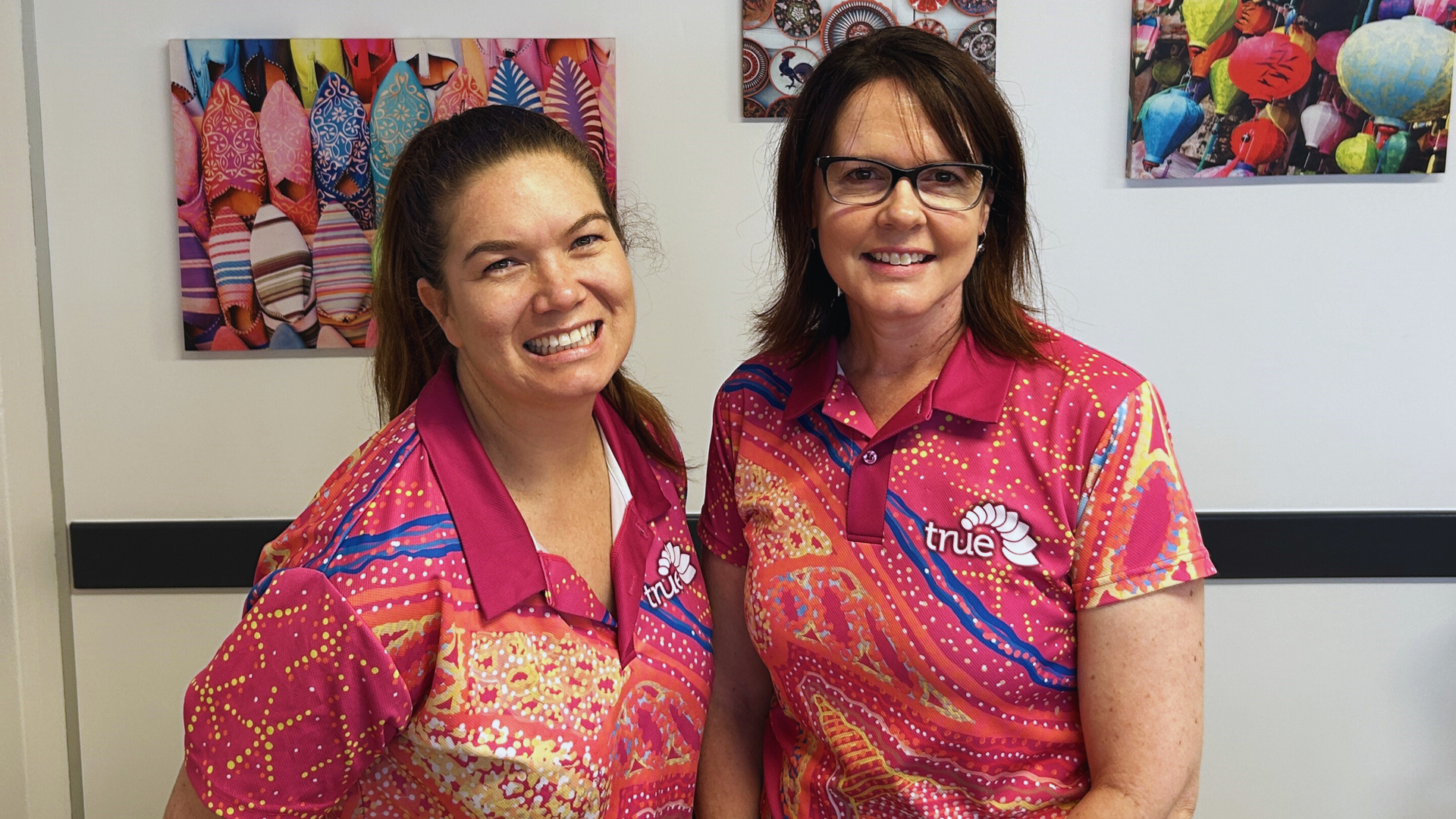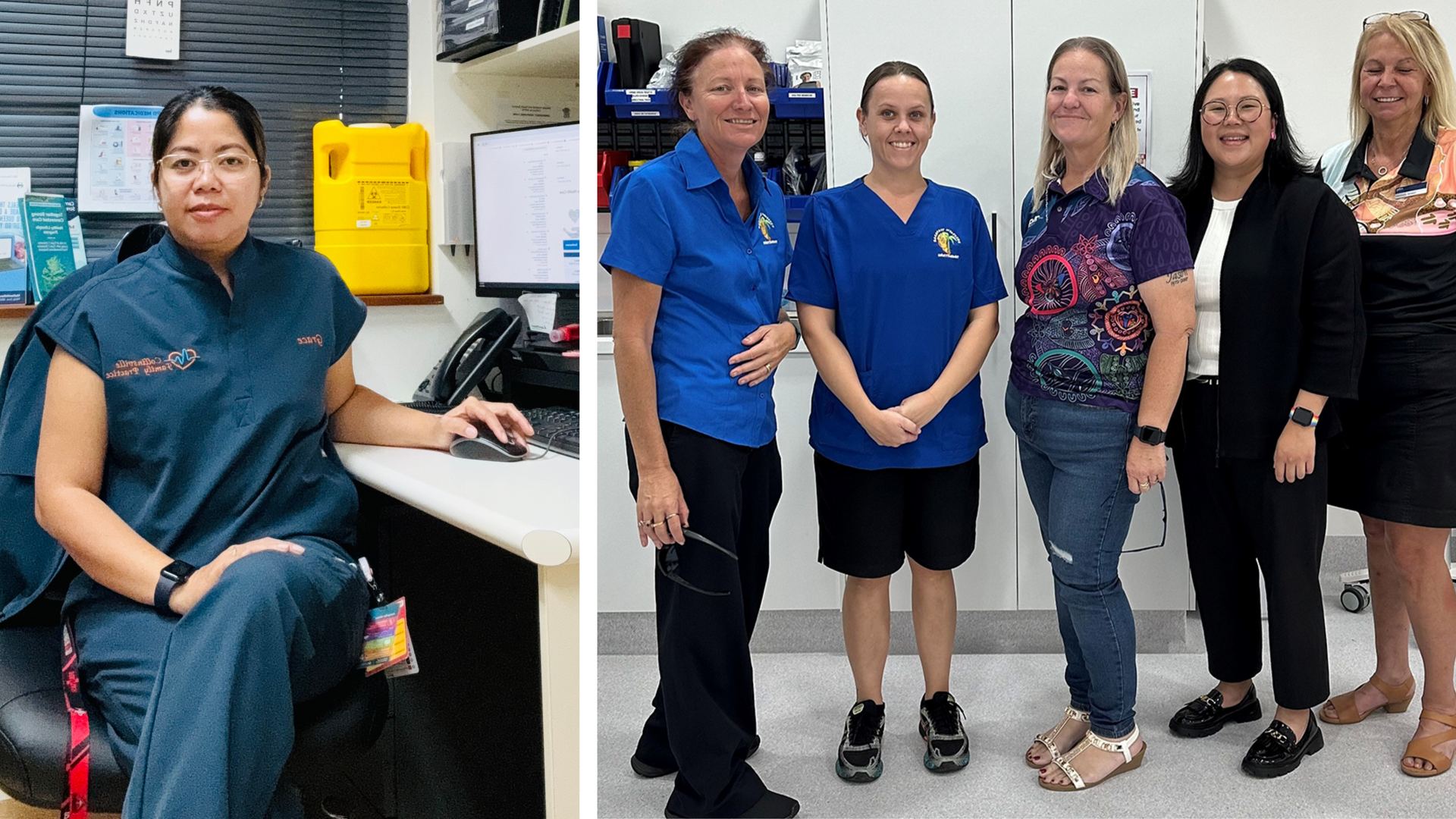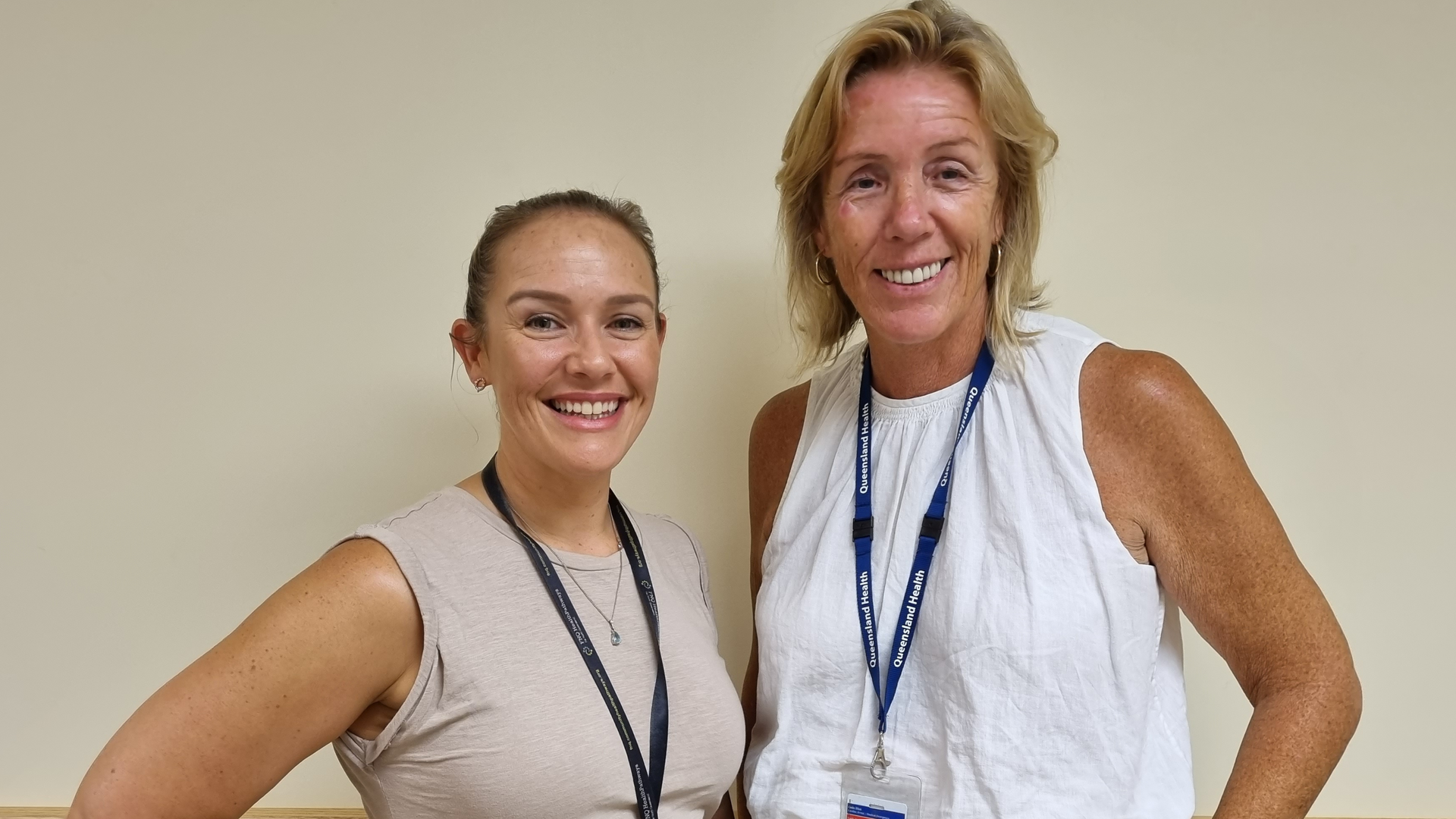The role of clinical data in general practice is crucial – and a Cairns clinic is a shining example of a commitment to data excellence.
Meet Daphne
Data plays a vital role in the care of every patient at Trinity GPs
The role of clinical data in general practice is crucial – and a Cairns clinic is a shining example of a commitment to data excellence.
Trinity GPs Practice Manager Daphne Venkatesh said utilising clinical data was pivotal in the practice’s enhanced patient care.
“Data plays a vital role in the care of every patient at our practice, and we use it to treat our patients in the best possible way,” Ms Venkatesh said.
“Knowing our patients is very important to our general practice and software guides all areas of identification, which in turn, assists our doctors and team to treat our patients accordingly.”
The team at Trinity GPs routinely engages in data-driven processes, while also exploring where data can optimise patient care, especially for patients with chronic and complex health needs.
“Having organised data allows us to treat patients accordingly and is also beneficial during accreditation,” Ms Venkatesh said.
“A patient’s digital health record gives general practitioners a good understanding of a patient’s health and conditions, and allows any GP at our clinic to treat the patient now and into the future. It’s beneficial for us both.
Ms Venkatesh said having optimised data also allowed the practice to communicate with patients about chronic illnesses or immunisation, giving an opportunity to send reminders and be proactive and preventive in the provision of health care.
Trinity GPs was recently recognised with an award nomination for using data to improve patient care.
Northern Queensland Primary Health Network (NQPHN) is demonstrating its continued commitment to data excellence by adopting and funding the Primary Sense tool – a non-commercial population health management, clinical decision support, and data extraction tool.
Ms Venkatesh said transitioning to Primary Sense would positively impact the general practice in various ways.
“The team is excited about utilising Primary Sense due to its provision of real-time medication safety alerts, seamless integration into workflow, and effective population health management tools,” she said.
“These functionalities will elevate patient care, refine clinical decision-making, and efficiently target interventions.”
Another benefit of Primary Sense is that the platform incorporates the Johns Hopkins University ACG system, which categorises patients based on their care needs and risks. This allows Primary Sense to quickly identify highly complex or at-risk patients and provide reports and alerts to the practice for recommended services, tests, or interventions.
All extracted data is deidentified, meaning the data contains no personal identifying information such as name, date of birth, address, or Medicare number. Patients can withdraw their consent to share data through Primary Sense at any time.
Primary Sense has been developed in conjunction with general practices, universities, and representatives from peak bodies. It was tried and tested among 700 general practitioners (GPs) in the Gold Coast PHN region since 2018 and is now used by 10,000 general practitioners in more than 1500 practices around Australia.
All eligible general practices that have signed a Data Sharing Agreement (DSA) with NQPHN can receive Primary Sense free of charge.
Ms Venkatesh said Primary Sense would enhance patient care with real-time alerts and streamlined workflow integration.
“Its population health management tools will help target interventions effectively, improving overall health outcomes,” she said. “Being free for practices to share data with NQPHN will save costs and allow efficient resource allocation.
“Additionally, its commitment to data security ensures responsible handling of patient information to build trust with patients.”
Primary Sense operates under the clinical oversight of a national Clinical Advisory Group (CAG), which includes as Members general practitioners (GPs), clinical specialists, health research academics and representatives of industry peak bodies such as the Royal Australian College of General Practitioners (RACGP), and the Australian Association of Practice Management (AAPM).
